Is there a best time to train? A sports scientist investigates
Most of us ride our bikes whenever we get chance, but is there a best time of day when you’ll unlock the most potential and make maximum gains? Sports scientist Dr Mark Homer investigates
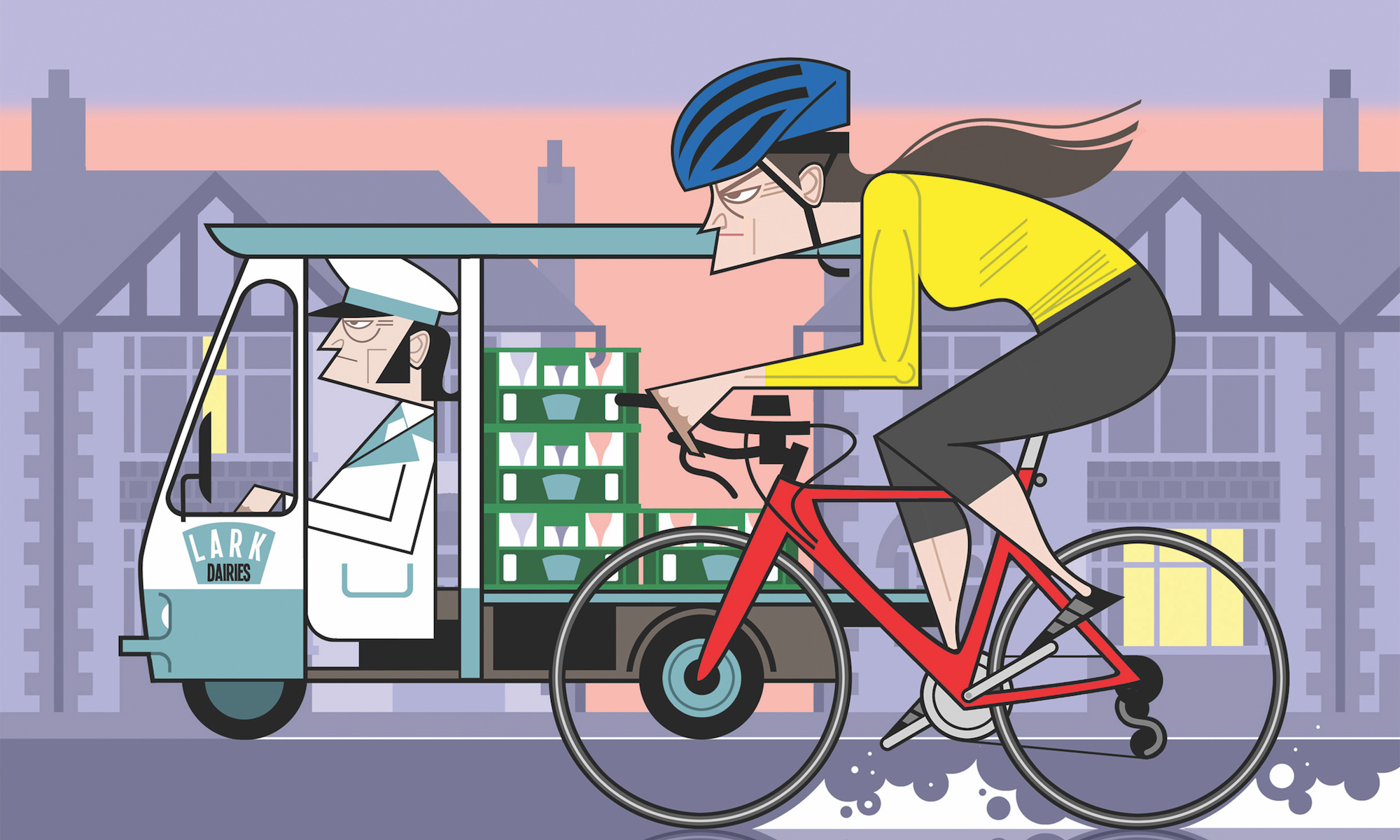
Illustration: David Lyttleton
Let’s face it, no matter what we tell our friends, cycling comes quite far down the priority list when drawing up the day’s to-do list. We ride when we can fit it in, rather than at the best possible time for making fitness gains.
As amateur riders, our family, friends, work and sleep – you choose the order of priority – put the squeeze on our windows of opportunity for getting in quality saddle-time. The question is, does it matter what time you train?
The evidence suggests that, yes, it does. For various reasons, our bodies may have a preference that affects the training response. This feature will investigate the physical and mental effects of riding at different times of day. Should you schedule different types of session at particular times? And are there certain times of day you should actively avoid?
Often, we have to resort to training at the only time available to us. Mercifully, now that we’re emerging from the dark, wet winter, we’ll soon have a few extra hours of daylight to play with at each end of the day. What does the science tell us about the best time to choose? Chronobiology is the study of life’s rhythms: heart rate, body temperature, and a variety of hormonal responses that follow the daily (or circadian) pattern. These rhythms are programmed genetically as well as being influenced by our environment and activity. Exercise performance can be dramatically affected – up to 15 per cent – by variations in these rhythms.
Dr Brendan Gabriel, from the University of Edinburgh, studies circadian biology in clinical conditions and sport.
"Rhythmic changes in core/muscle temperature and hormonal signalling – particularly adrenaline – can affect exercise performance, including oxygen uptake and mechanical power," explains Gabriel. "The hypothalamus, our brain’s regulatory control centre, is very reactive to daylight and receives this signal mainly from the eyes – the reason why light is such an important trigger."
>>> Zwift is trialling a new clubs feature, including events and leaderboards
Get The Leadout Newsletter
The latest race content, interviews, features, reviews and expert buying guides, direct to your inbox!
This reactivity to light is why humans are diurnal – active during the day, asleep at night. But we are not all the same. There are differences between individuals’ sleep/wake behaviours – and our preferred pattern is known as our chronotype. ‘Owls’ prefer to rise late and retire late (e.g. get up at 10am and go to bed at midnight), while at the other extreme, ‘larks’ favour an early start and early bedtime (e.g. awake by 7am, asleep by 9pm). Most of us fit somewhere in between, with our physiological rhythms set accordingly.
You probably know straight away which side of the chronotype fence you sit on, but if you want to make sure, check out a Morningness-Eveningness Questionnaire. Depending on where you fit on this spectrum, there are implications for which times of the day best suit you for training, bearing in mind that circadian rhythms can be affected by activities including exercise and meal times.
Riding early
Regardless of your chronotype, riding before work probably feels harder than at mid-morning, owing to ‘sleep inertia’ – the drowsiness that gradually dissipates after waking. However, if early morning is your only option, there are some useful tips for shifting or resetting your rhythm so as to get through the first few kilometres and out of the 'circadian trough'.
The simplest solution is often the best: get up earlier. Dragging yourself out of bed kick-starts the myriad physiological processes, which during the early hours of the morning were at their lowest point. Consistently rising a little earlier could have a lasting effect on your circadian rhythms – with an important footnote: make sure you balance this with a suitably earlier bedtime, and stick to it. Relapsing over a weekend off or a holiday will set you back to square one.
>>> Subscriptions deals for Cycling Weekly magazine
Once you’re awake and moving around, continued exposure to light is a major stimulus. If drawing back the curtains reveals only more darkness, artificial light is an effective substitute, and there is some evidence that ‘daylight bulbs’ are effective. Eating also has a pronounced effect on your daily highs and lows, so have breakfast in good time, at least an hour before heading out. This not only provides you with the energy you need, but helps to wake you up too. Even so, you are unlikely to snatch a KOM or PB first thing in the morning.
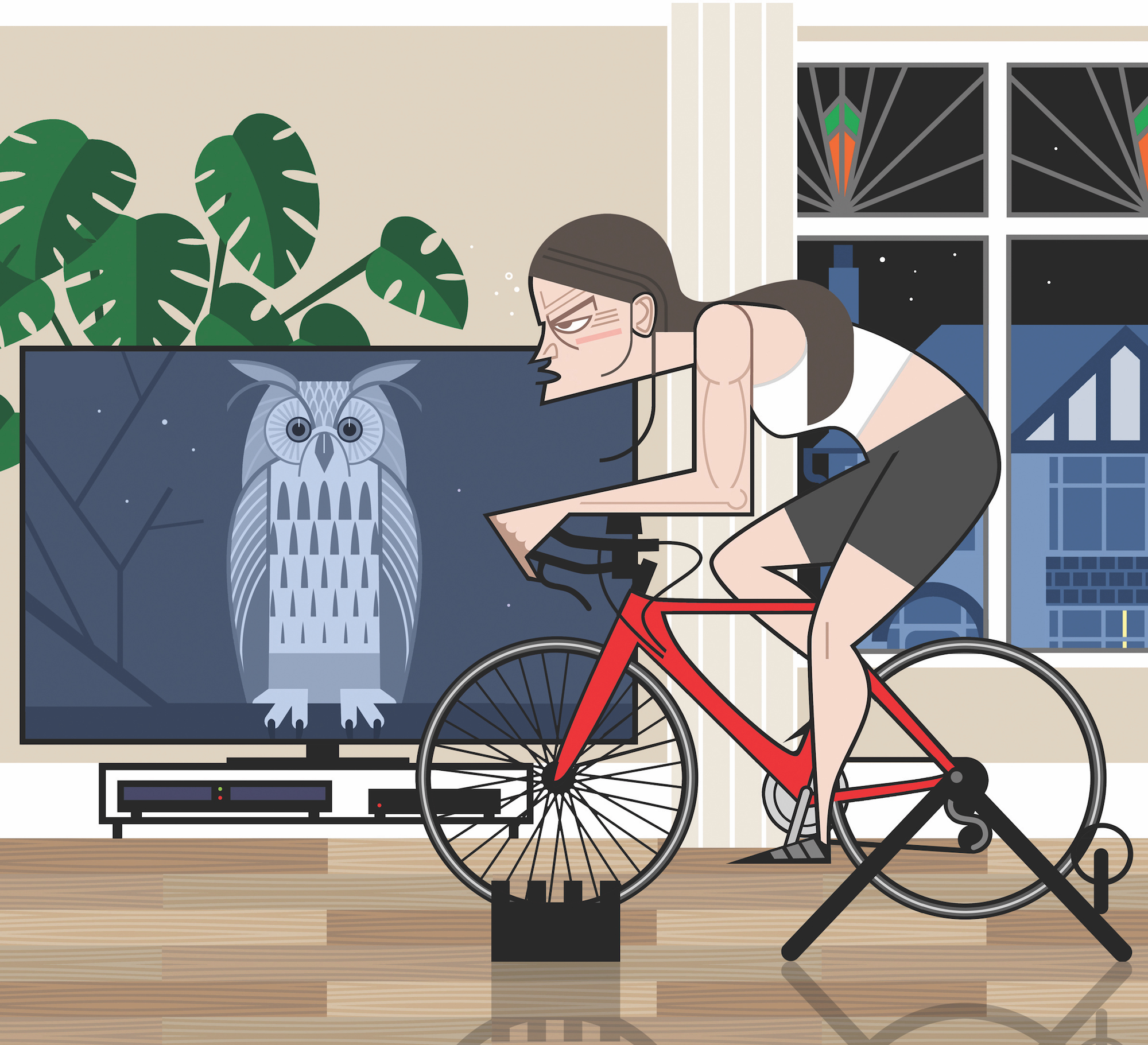
The answer here is to adjust your expectations to suit the time of day. When riding at a time that is not optimal for your physiology, pay less attention to the external outputs such as speed and power, and rely instead on internal parameters such as heart rate and perceived exertion. If you must squeeze in a Zone 2 training ride before breakfast, ride at the speed that elicits a Zone 2 physiological response rather than the wattage or speed that would usually equate to Zone 2 later in the day.
Keep records and have morning and evening ranges – these will allow you to monitor shifts in your chronotype, should they occur. The evidence suggests that diurnal fluctuations have a greater effect on strength and power events than on endurance exercise, so short intense efforts may feel harder in the morning than in the evening. If this is true for you, avoid high-intensity interval sessions or strength training early in the day.
Riding late
Human physiological systems appear to become more efficient as the day progresses. Annoyingly, we are probably best ready to ride during the middle part of the day, when most of us are at work. Does this mean that riding after work is seriously disadvantaged? Thankfully not. There is evidence to suggest that the psychological effects of work add another dimension to our ability to apply effort later in the day.
>>> Cycling Weekly is available on your Smart phone, tablet and desktop
Professor Samuele Marcora, of the University of Bologna, has published several papers investigating the effects of mentally fatiguing tasks on sports performance. This research has established that mental fatigue can have a debilitating effect on exercise performance. When the mentally fatiguing stimulus is removed, athletes perceive subsequent exercise as being easier and thus perform better. A day at work may have a similar effect on your training session. Have you felt a lack of motivation while training after a stressful day? Pushing through might make you stronger.
A further disadvantage when training late in the day is its effect on subsequent sleep. As we have learnt, training can disrupt our circadian rhythm, meaning we may not be ready for bed until later than normal (particularly if you’ve taken a caffeine supplement). Eating later adds to the potential for sleep trouble. If you can’t drop off, avoid lying awake for hours getting frustrated; instead, read or get up and do something different (avoiding screens) until you feel weary.
Marcora advises that the best time to train, from a psycho-biological perspective, is late morning or lunchtime.
"Mentally, we are fresher, and the perception of effort is lower – enabling us to push harder. Most people are understandably mentally fatigued in the evening after a day at work, so if this is your only option, taking caffeine prior to your workout will help reduce the perceived effort."
Time for gains?
As we have seen, there are pros and cons to riding at either end of the day. This poses an intriguing question: is there an edge to be gained by facing down the fatigue and training at a time when you are less primed or motivated? Marcora believes there may be. If the aim of a session is to develop ‘brain endurance’ – that is, mental resilience for long or intense exercise – the professor postulates that training in the evening might increase the perceived effort of a session and subsequently lead to improved endurance performance.
Physiologically, there appears to be little evidence to suggest that training early (or late) improves subsequent performance during optimal hours.
But it may help to train at the time of day you intend to race. According to Dr Gabriel, you should regularly train at the time you intend to race as part of your preparation so as to get your physiological rhythms primed and adapted. For example, if your long sportive has an early morning start time, make sure you head out early on some of your training rides in the weeks before.
With cycling holidays becoming ever more popular, another situation where managing your circadian variation becomes crucial is around travel. When flying abroad, you should aim to adjust to the new time zone (no matter how small) as quickly as possible by getting into your ‘new normal’ daily routine. This has long been a concern for elite athletes who travel the world to train and compete. The primary cause of jet lag is disruptions to the sleep-wake cycle. To overcome this problem, Team GB athletes travelling to the Tokyo Olympics in August will be advised to allow one day per time zone crossed to fully adjust in time to compete.
For shorter trips, when the time difference is only an hour or two, you could tweak your routine in the few days before you leave to match the destination time zone – just make sure to turn up to the airport on time!
While your daily biological rhythms are largely pre-programmed, it is worth being strategic about the time of day you train. Sometimes training while mentally tired may elicit an extra adaptation, provided you don’t overdo it and risk falling into a state of burn-out.
Whenever possible, train at the time of day when you feel most energised. If you’re forced to train early or late in the day, remember that extending your waking hours will take its toll if you do not make adjustments to compensate for the reduction in sleep. Training counts for nothing unless you allow your body to recover, repair and adapt. The benefits of sleep, particularly in athletes, are well reported and far greater than any potential gains induced through a tweak in circadian rhythms, so whatever you do, don’t go burning the candle at both ends.
Rise and shine - How to cope with an early start
Being ready to compete is key to good performance. Early start times can be commonplace in amateur cyclo-cross or time trial competitions, so what can you do to maximise your mental and physical alertness in preparation?
Wake time
The earlier you rise before your start time, the better – within reason. T-minus two hours is a good starting point, but experiment and find out what works for you, especially when travelling is involved.
Light
If you need to be up before the sun rises, a useful compromise can be a light therapy product such as a Lumie light (lumie.com), which simulates natural light – more effective than simply ‘putting the big light on’.
Warm up
Gentle exercise before you eat is a smart move, particularly combined with some fresh air. A walk or spin on the rollers helps kick-start your systems.
Breakfast
Eat a high-carbohydrate breakfast, and make sure it is plain and palatable, as your digestive system is not firing on all cylinders early in the day. Porridge is a safe, reliable choice for most people. And, of course, make sure you are well hydrated (this applies to the night before too).
Written by Dr Mark Homer
This feature originally appeared in the print edition of Cycling Weekly, on sale in newsagents and supermarkets, priced £3.25.

Thank you for reading 20 articles this month* Join now for unlimited access
Enjoy your first month for just £1 / $1 / €1
*Read 5 free articles per month without a subscription

Join now for unlimited access
Try first month for just £1 / $1 / €1
Founded in 1891, Cycling Weekly and its team of expert journalists brings cyclists in-depth reviews, extensive coverage of both professional and domestic racing, as well as fitness advice and 'brew a cuppa and put your feet up' features. Cycling Weekly serves its audience across a range of platforms, from good old-fashioned print to online journalism, and video.
-
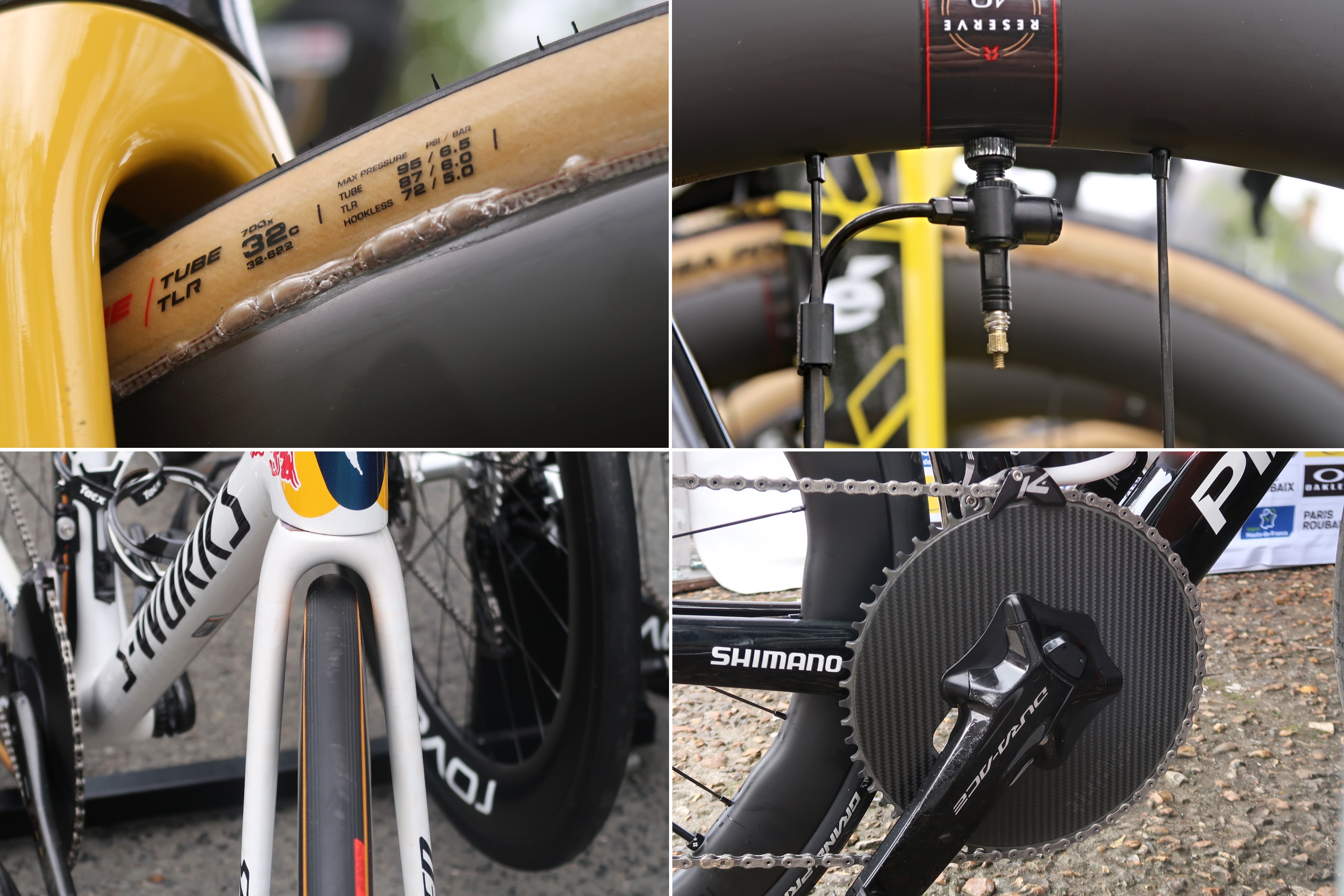 Unreleased wheels, monster chainrings, and surprisingly skinny tyres: Six tech insights from Paris-Roubaix
Unreleased wheels, monster chainrings, and surprisingly skinny tyres: Six tech insights from Paris-RoubaixHere's all the tech mods we spotted at the men's 'Hell of the North'
By Tom Davidson Published
-
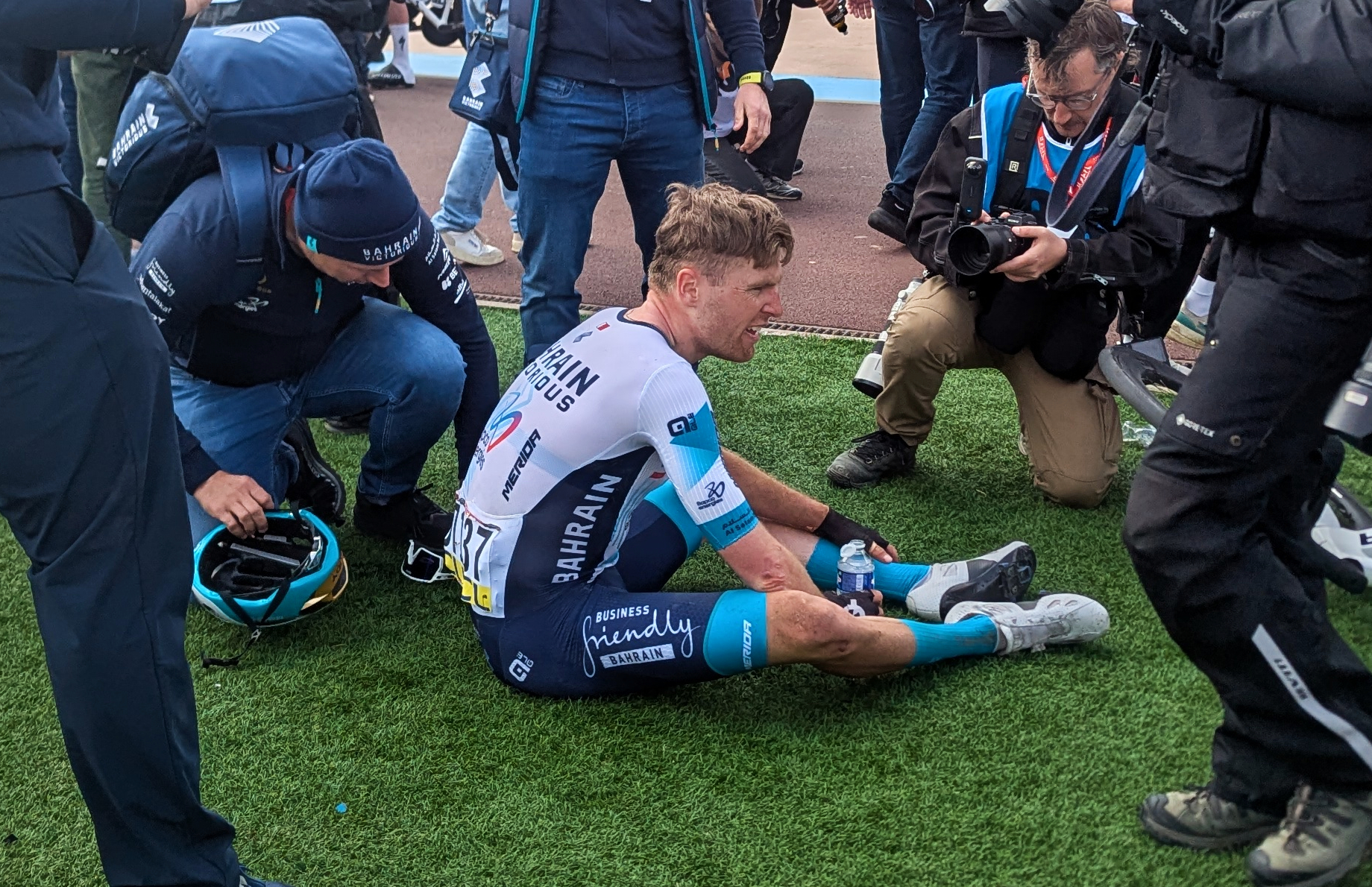 'I'll take a top 10, that's alright in the end' - Fred Wright finishes best of British at Paris-Roubaix
'I'll take a top 10, that's alright in the end' - Fred Wright finishes best of British at Paris-RoubaixBahrain-Victorious rider came back from a mechanical on the Arenberg to place ninth
By Adam Becket Published
-
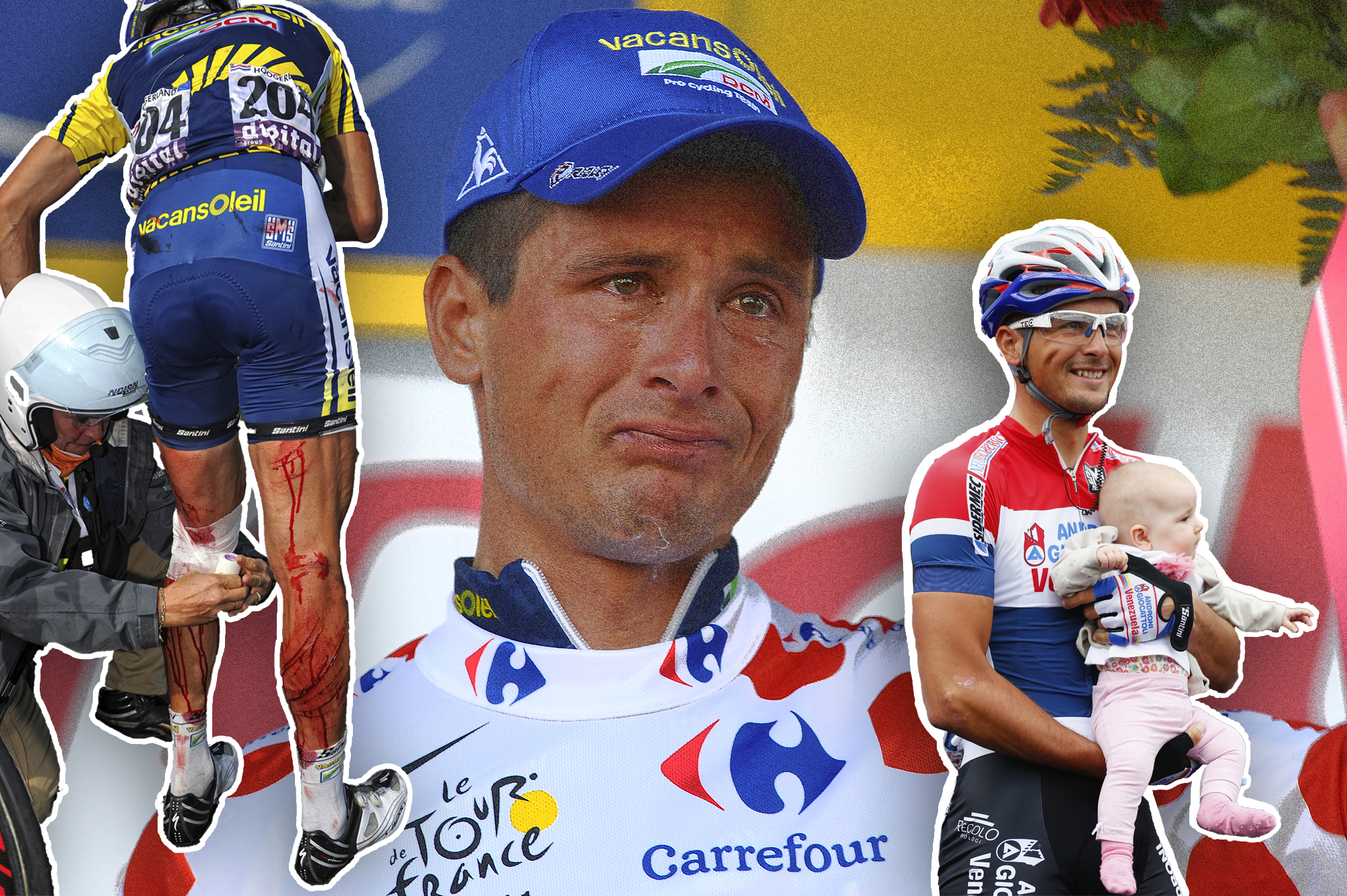 What happened to Johnny Hoogerland?
What happened to Johnny Hoogerland?A career defined by a collision with a TV car at the 2011 Tour de France, we tracked down the Dutch rider to find out how the next 10 years unfolded
By Jonny Long Published
-
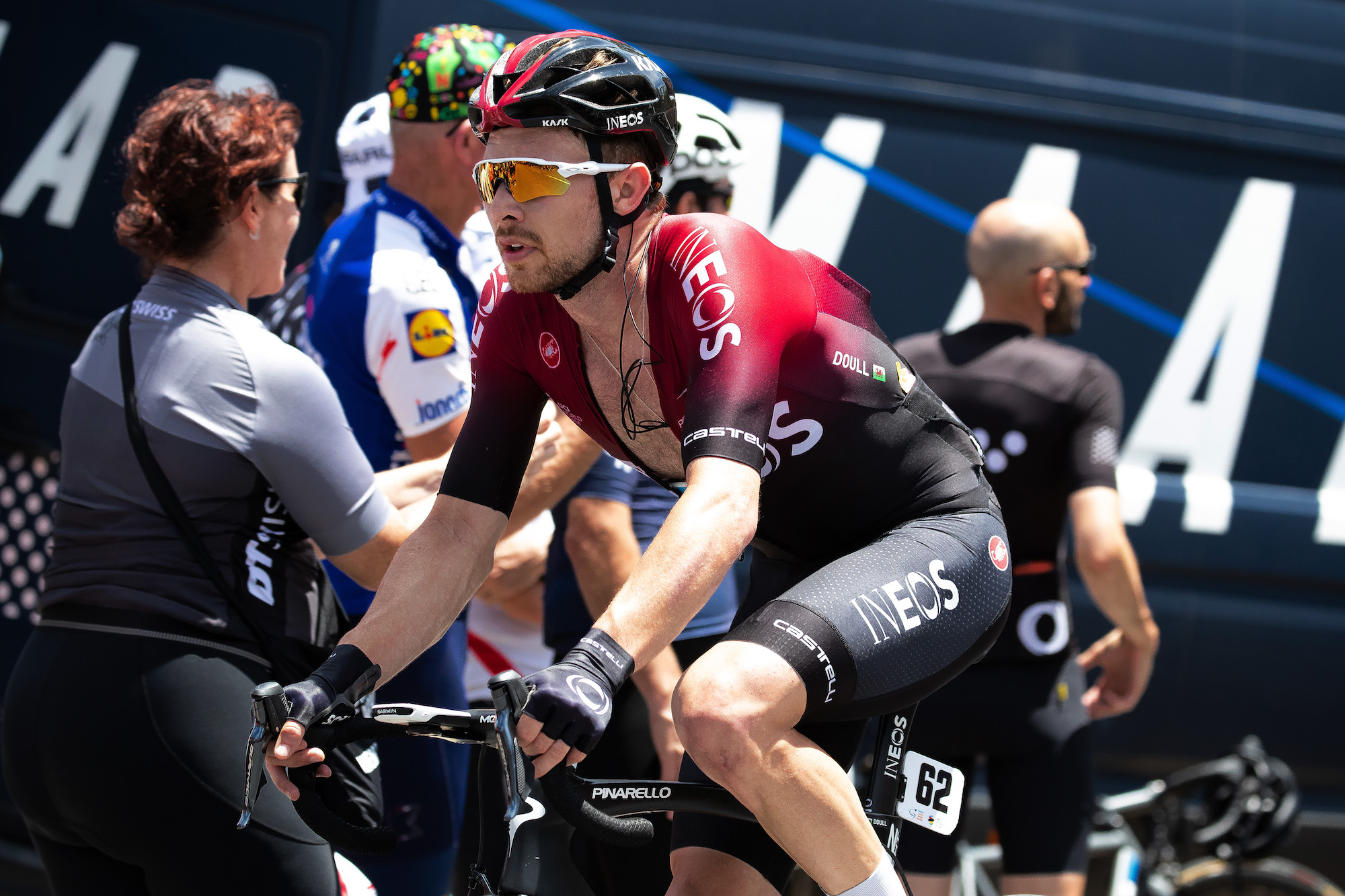 'The domestiques on our team are unsung heroes': Owain Doull Q&A
'The domestiques on our team are unsung heroes': Owain Doull Q&AThe Olympian and Team Ineos man on his Maindy roots, staying motivated and passion for coffee
By David Bradford Published
-
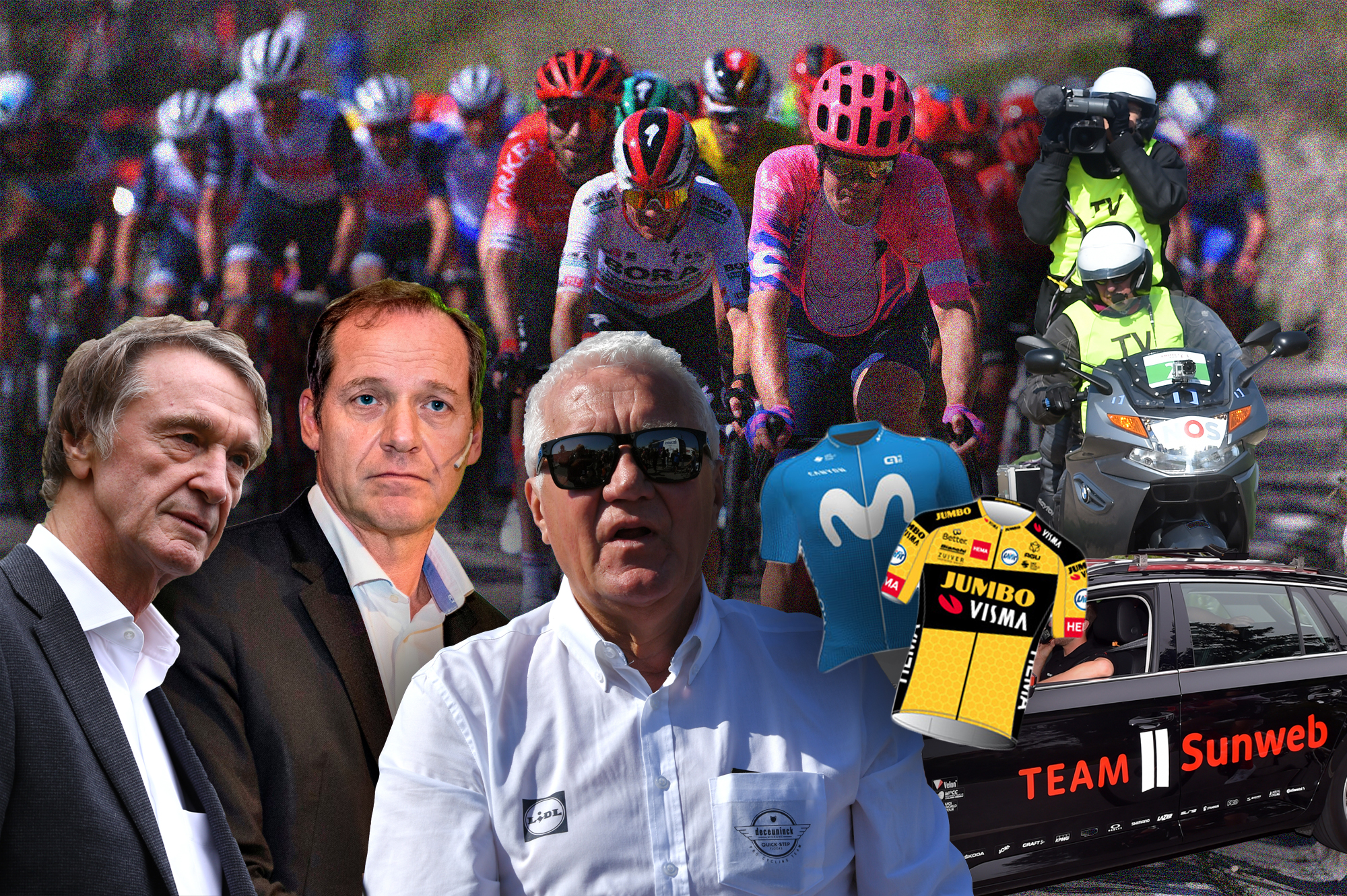 What will happen to pro cycling? Exploring the economic landscape after coronavirus
What will happen to pro cycling? Exploring the economic landscape after coronavirusFrom the fate of various WorldTour teams to whether a behind-closed-doors Tour de France actually solves anything
By Jonny Long Published
-
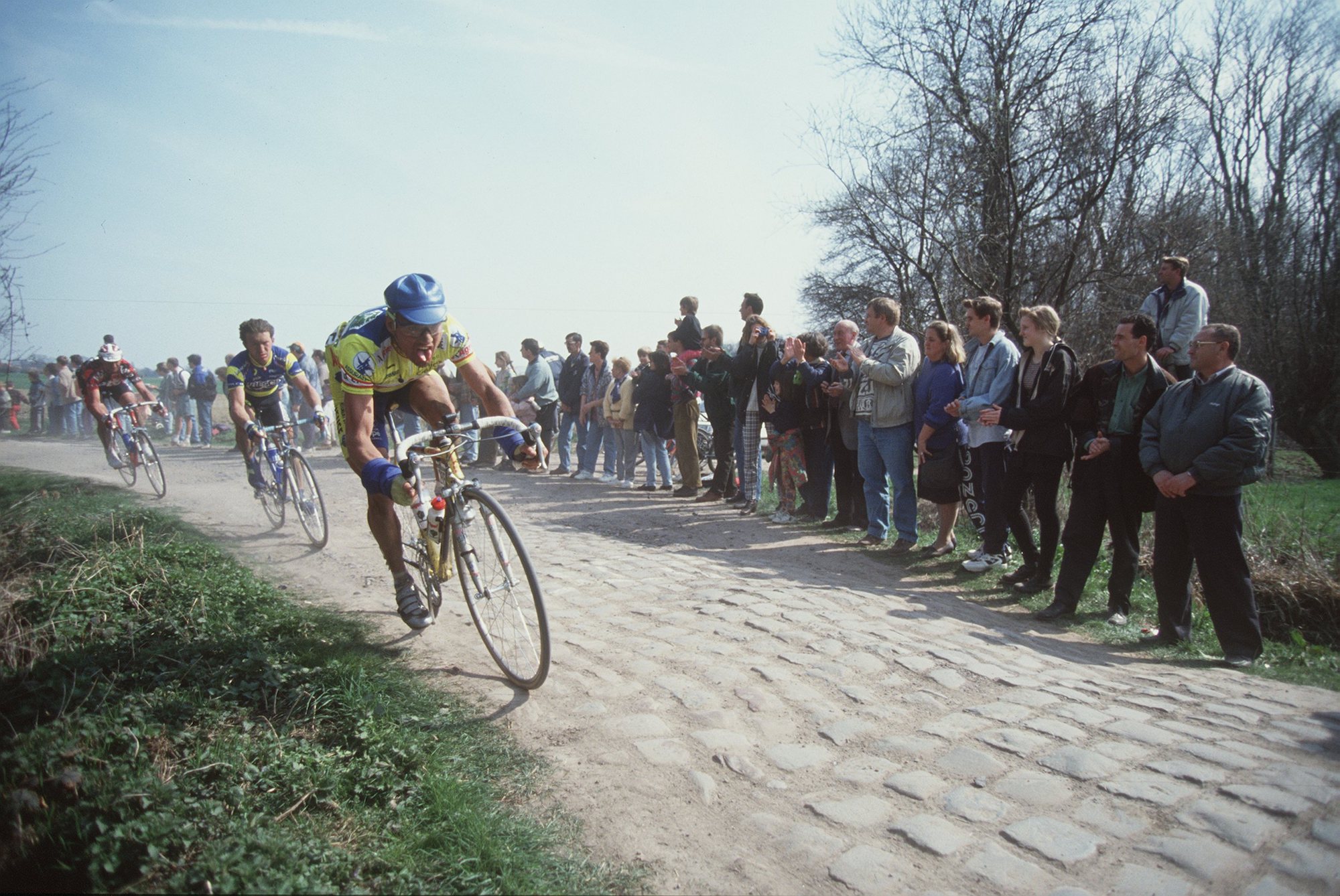 Forging legends: Here are the 10 best Classics of all-time
Forging legends: Here are the 10 best Classics of all-timeDo you agree?
By Cycling Weekly Published
-
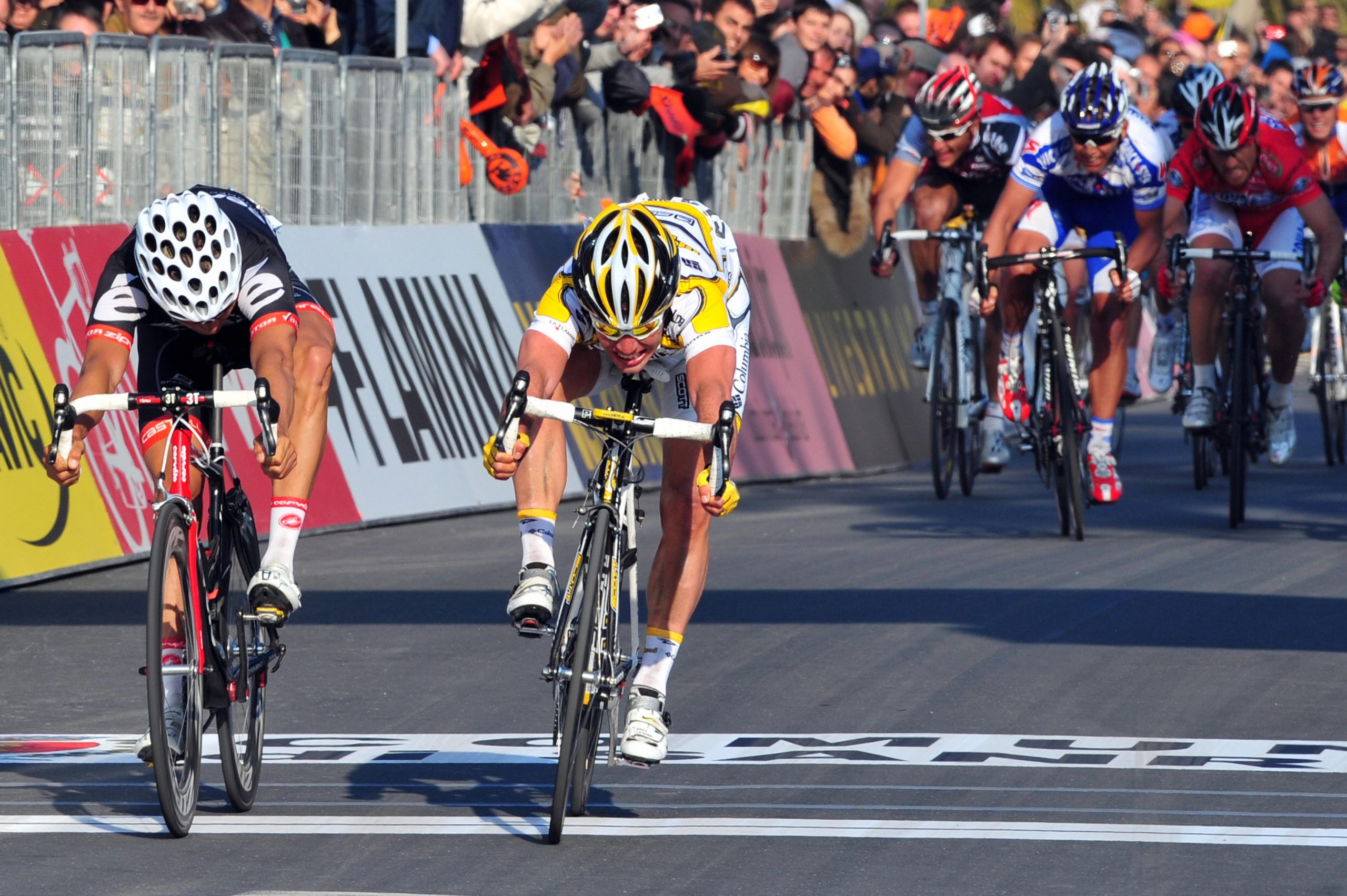 Five of the all-time best Classics rides by Brits
Five of the all-time best Classics rides by BritsFrom Tom Simpson to Lizzie Deignan
By Cycling Weekly Published
-
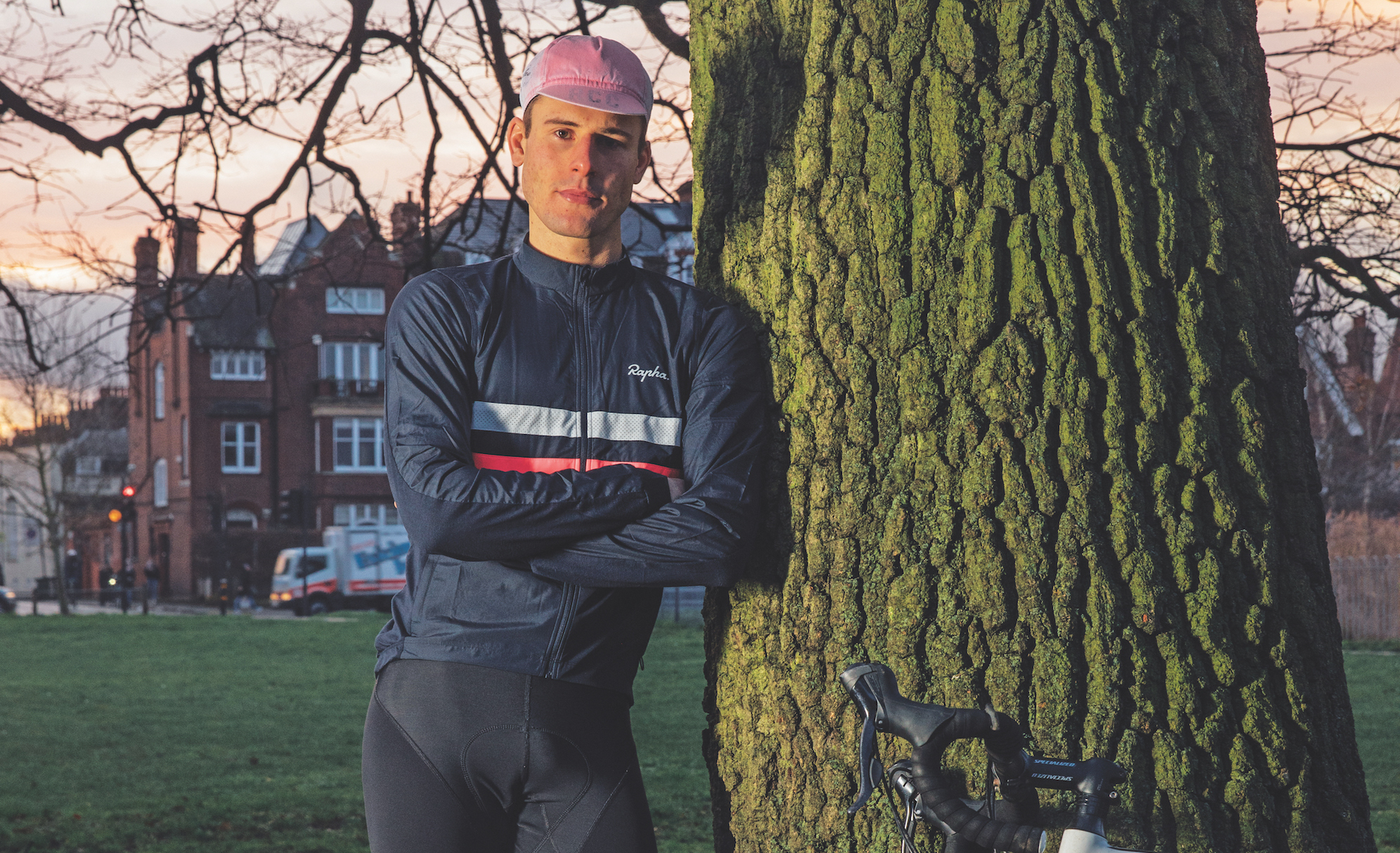 Sweet success: How I won Red Bull Timelaps as a diabetic rider
Sweet success: How I won Red Bull Timelaps as a diabetic riderType-1 diabetic George Kirkpatrick is on a mission to prove that compromised blood sugar control is no barrier to success — however long the race
By David Bradford Published
-
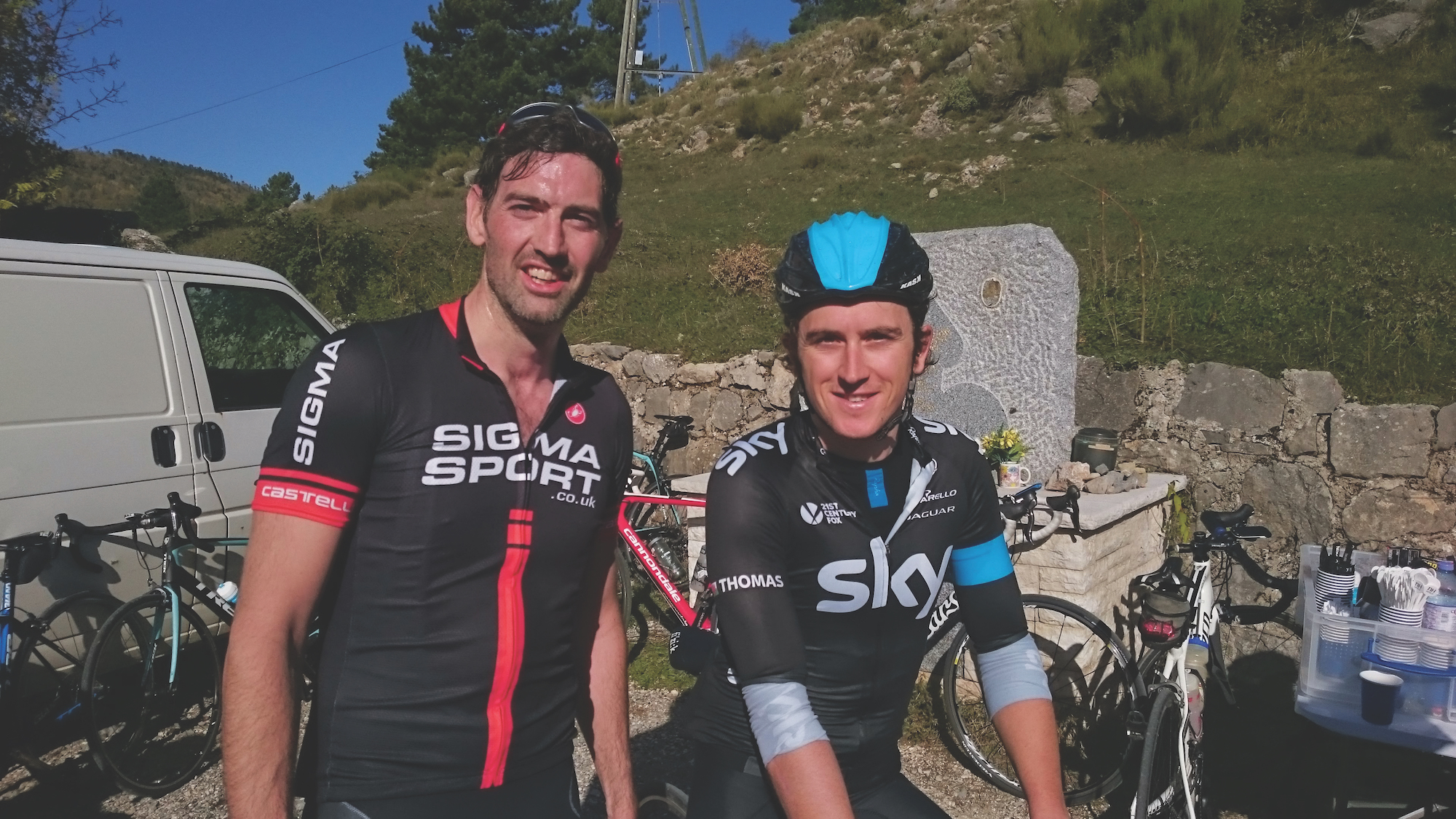 'I was going hard while Geraint was sitting up chatting': Five types of riders to help you succeed
'I was going hard while Geraint was sitting up chatting': Five types of riders to help you succeedThere’s no mightier influence on your fitness than fellow cyclists — friends and foes. Sports psychologist Dr Josephine Perry identifies five archetypal riders who could prove pivotal to your progress
By Josephine Perry Published
-
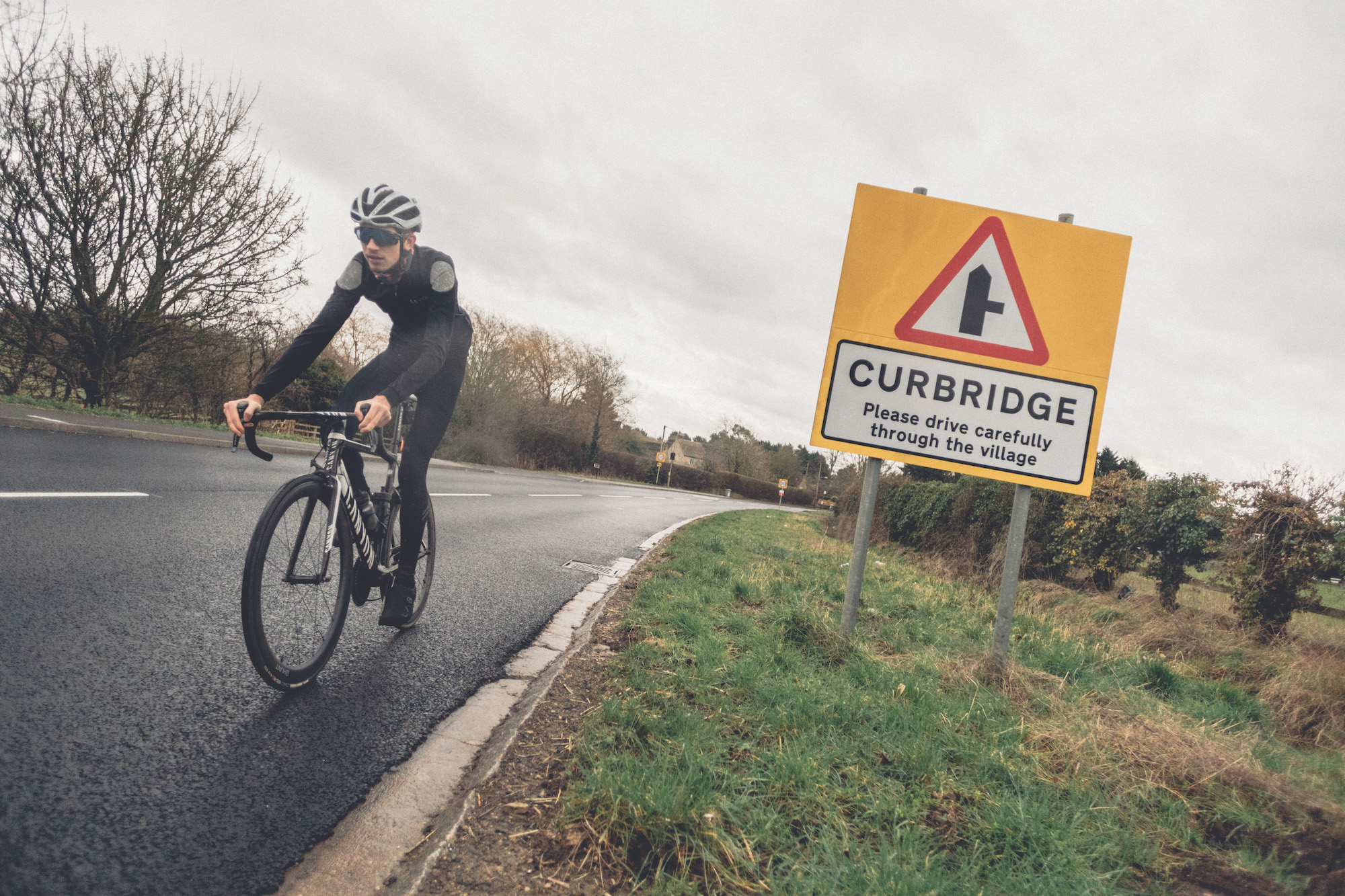 Is this Britain's smoothest road?
Is this Britain's smoothest road?A new high-tech road surface in Oxfordshire could herald a cycling revolution, we rode it to find out more
By Vern Pitt Published